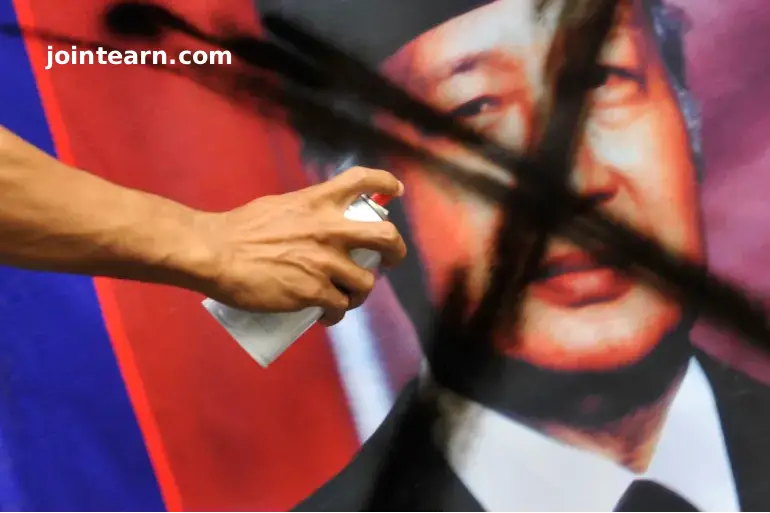
Jakarta, Indonesia – November 10, 2025 – Indonesia has officially named former president Soeharto a posthumous national hero, a move that has sparked widespread criticism from civil society groups, human rights activists, and academics. The award, announced during the National Hero Day ceremony, was conferred by President Prabowo Subianto, who is Soeharto’s former son-in-law.
Hero Designation Sparks Outrage
The decision to honor Soeharto comes despite his controversial three-decade rule, marked by allegations of human rights abuses, corruption, and nepotism. Activists argue that recognizing Soeharto as a national hero undermines democratic values and dishonors victims of his authoritarian regime.
“Soeharto, as someone suspected of being involved in human rights violations, state violence, and corruption, does not deserve to be awarded the title of national hero,” said Dimas Bagus Arya, coordinator of local rights group KontraS.
Last week, over 500 civil society members and academics petitioned President Prabowo to reconsider, warning that the move would distort history and betray the memory of Soeharto’s victims.
Background on Soeharto’s Rule
Soeharto ruled Indonesia from 1967 to 1998, rising to power after a failed coup against President Sukarno. He maintained control through military dominance, suppressed dissent, and centralized authority over civilian governance.
While his regime oversaw a period of rapid economic growth and relative political stability, Soeharto’s government was plagued by systemic corruption and nepotism, benefitting his family and close allies. The 1997-1998 Asian financial crisis eventually led to his resignation amid nationwide unrest.
Despite longstanding accusations, Soeharto avoided trial for alleged abuses due to declining health and passed away in 2008 at the age of 86.
Presidential Justification
During the ceremony, State Secretary Prasetyo Hadi defended the award, stating it recognized extraordinary contributions to the nation. Soeharto’s children, Siti Hardiyanti Rukmana and Bambang Trihatmodjo, received the honor on his behalf.
“It is part of how we honour our predecessors, especially leaders who have made extraordinary contributions to the nation and the country,” Hadi said.
Soeharto shares this year’s list of national heroes with over 200 notable figures, including Indonesia’s first president Sukarno, slain labor activist Marsinah, and former President Abdurrahman Wahid.
Political and Social Implications
The move has fueled debates about historical memory and impunity in Indonesia. Critics say the decision reflects lingering influence of Soeharto-era elites within the current government, led by Prabowo, a former special forces commander under Soeharto.
Protests against the government have erupted since Prabowo’s electoral victory last year, largely driven by economic inequality and perceived privileges for lawmakers. Human rights groups warn that the Soeharto honor risks normalizing impunity and sending a message that past abuses can be overlooked.
Analysts also note the symbolic tension between honoring a leader known for authoritarianism while claiming to uphold democratic values and human rights in modern Indonesia.


Leave a Reply